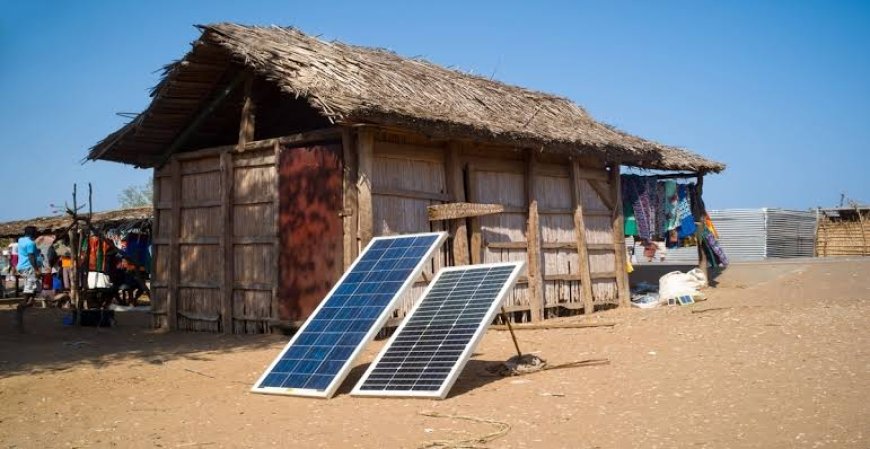How solar innovations brighten rural lives

By Robert Mutasi
Solar technology is transforming rural communities and Kenya is making impressive progress in renewable energy.
There is an urgent need for fresh alternatives because more than 70% of Kenyans still rely on traditional heating and cooking leaves.
Today, solar energy fills this gap by providing solutions that support environmental sustainability while improving livelihoods.
Rural communities in kenya have long struggled with limited access to electricity, catering and lighting using wood and oil lamps.
However, by launching solar home systems At Reasonable Prices, regional startups are changing this fact.
The quality of life in off-grid areas is greatly improved by these systems, which provide electricity for cooling, mobile charging and lighting.
SunCulture is one of those companies at the forefront of the movement; in a recent high-profile launch event, the company unveiled its latest innovations. Farmers eager to learn how solar energy can transform agriculture were impressed by the event.
Farmers can now plant crops year-round due to solar-powered irrigation systems. These systems improve food security and provide rural families a reliable source of income by reducing their dependence on irregular rainfall.
The government has partnered with non-governmental organizations (NGOs) to increase access to solar energy nationwide by recognizing solar power potential.
Solar panels will be installed in more than 100,000 homes over the next year, according to a large-scale program introduced this week.
Thousands of families will receive clean energy thanks to this ambitious program, which will also generate jobs for local craftsmen and craftsmen.
These initiatives support Kenya's main goal of achieving universal access to electricity by 2030.
The country leads in clean energy consumption and sustainable development by giving priority to renewable sources.
Social impact is critical to the success of the sun as well as its environmental impact. A significant improvement in the standard of living is reported by households that have installed solar home systems.
With constant light distribution, children can study at night and achieve excellent academic results.
Internal pollution due to kerosene lamps is no longer a problem for households and general health improves, especially for women and children.
In addition, economic empowerment is driven by solar energy. Small rural businesses can operate more productively and efficiently by increasing working hours when they have access to electricity.
Solar charging stations provide business owners with new sources of income and strengthen the rural economy.
In addition to improving rural life, Kenya's success in solar energy serves as a model for other countries. The nation suggests that renewable energy sources can improve livelihoods and protect the environment at the same time by establishing a balance between community adoption and technological progress.
A fully electrified and sustainable future becomes a reality as Kenya continues to increase its solar presence. Solar energy proves to be the key to opening up economic and social development in rural Kenya through sustainable investment and cooperation.
What's Your Reaction?

































































































































































































































































































